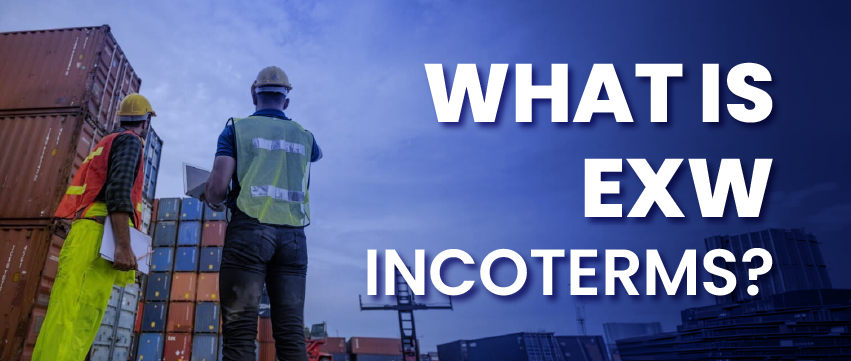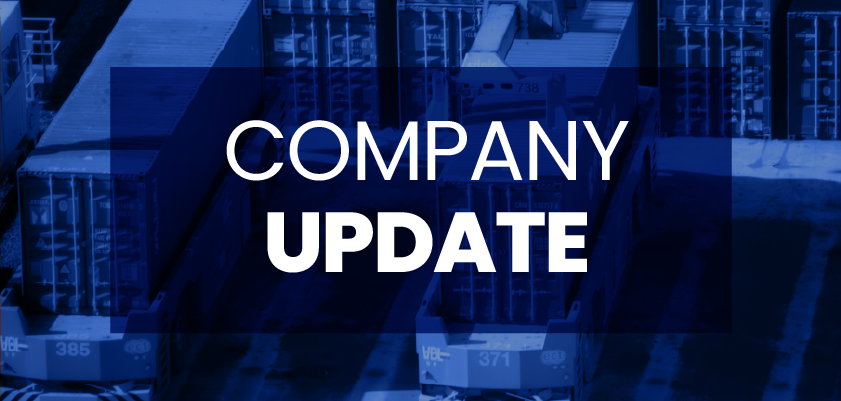List of Solar Panel Transportation Companies in OPCA
The Overseas Project Cargo Association (OPCA) is a global network specializing in the transportation of heavy and oversized cargo, including solar panel transport. OPCA members offer expert solutions for the safe and timely delivery of solar panels and related equipment to support the growing solar energy industry.
With specialized logistics knowledge, OPCA members ensure the efficient transportation of solar transport company services, overcoming handling and regulatory challenges. These companies provide reliable, cost-effective solutions for the renewable energy sector, ensuring components reach their destination safely and on schedule.
OPCA for Reliable and Fast Solar Panel Transport Services!
As the demand for solar energy grows, so does the need for efficient, reliable solar panel transport solutions. By joining OPCA’s solar panel transport network, freight forwarders gain access to a global platform that connects them with key players in the solar energy sector. This allows for collaboration on large-scale solar projects, sharing of best practices, and access to an extensive international network of logistics professionals.
OPCA members bring a wealth of expertise to the table, handling the unique requirements of solar panel shipping with precision and care. Whether it’s managing delicate cargo, overcoming geographical challenges, or ensuring timely deliveries, our network members have the tools and experience to meet the evolving needs of the solar industry. With OPCA, you can trust that your solar panel shipments, as well as related projects like wind turbine blade transportation, will be transported swiftly and securely, from manufacturing to installation sites across the globe.
Streamlining Logistics for the Solar Energy Industry
Efficient logistics for the solar energy industry involves much more than simply transporting solar panels and components from one location to another. It requires meticulous planning and coordination to manage the unique challenges posed by oversized shipments, sensitive materials, and time-sensitive projects.
Solar panel freight forwarders play a critical role in managing the logistics of solar panel shipments. Solar panel modules, inverters, and mounting systems often need to be transported over long distances, sometimes across international borders, requiring a comprehensive logistics strategy. The weight and size of these components can pose significant obstacles, particularly when navigating tight urban spaces or areas with infrastructure limitations. To ensure the safe and efficient transportation of these materials, detailed route surveys and collaboration with local authorities are essential.
Additionally, solar panel cargo ships are frequently used to transport large quantities of solar panels across oceans, offering an economical solution for bulk shipments. The logistics of coordinating sea freight for solar panel transport involve ensuring compliance with international shipping standards, ensuring secure handling of delicate goods, and working with ports that specialize in handling oversized cargo.
Similarly, solar panel harbour freight is an essential aspect of transporting solar components to and from ports. This specialized freight ensures that solar panels are offloaded safely, transported inland, and delivered to their final destination on time. With a focus on minimizing downtime and ensuring timely delivery, OPCA’s network of experienced logistics partners is equipped to handle the complexities of solar energy transport, whether by sea, land, or air.
Like other renewable energy sectors, the solar energy industry must comply with various regulatory requirements when shipping across regions. The transportation of solar components often involves customs regulations, import/export controls, and the need for specialized permits for oversized cargo. OPCA members, with their extensive expertise in international regulations, help streamline this process, ensuring compliance and preventing delays.
OPCA’s network of solar panel freight forwarders is committed to providing efficient, cost-effective logistics solutions that support the growth and expansion of the solar energy sector. Whether it’s coordinating multimodal transport, managing solar panel cargo ships, or handling delicate equipment with care, OPCA members ensure the safe, reliable transport of solar components worldwide.
Key Challenges in Solar Panel Shipping
Shipping solar panels presents unique challenges that require specialized logistics solutions and careful planning. As the demand for renewable energy grows, efficient and secure transportation of solar components, including panels, inverters, and mounting systems, becomes increasingly important. The following are some of the key challenges faced in solar panel shipping:
Oversized Cargo and Weight Limitations: Solar panels and related equipment often need to be transported in large quantities, making them subject to weight and size limitations. Solar panel cargo ships are frequently used for bulk shipments, but careful route planning and coordination with solar panel freight forwarders are crucial to ensure smooth transport, especially when navigating infrastructure constraints like narrow roads, low bridges, or congested areas.
Sensitive Cargo Handling: Solar panels are delicate and require specialized handling during transport. The risk of damage due to vibrations, rough handling, or poor packaging can significantly affect the efficiency of a project. To mitigate this, solar panel harbour freight providers often use specialized containers and transport equipment designed to protect these sensitive items, ensuring they arrive at their destination in optimal condition.
International Regulations and Compliance: Shipping solar panels across borders involves navigating complex regulatory environments, including customs regulations and import/export controls. Specialized solar panel freight forwarders are adept at managing these legal requirements, securing the necessary permits for oversized cargo, and handling the intricacies of international shipping, thus ensuring compliance and minimizing delays.
Time Sensitivity: The installation of solar panels often depends on strict timelines, especially in large-scale solar energy projects. Delays in transportation can result in costly setbacks. As such, the logistics of solar panel shipping must be coordinated to ensure timely deliveries. Solar panel cargo ships and solar panel harbour freight services help expedite this process by providing seamless transport solutions that meet tight deadlines.
Cost Efficiency: While renewable energy projects like solar installations are crucial for sustainable development, the cost of transportation must be minimized. By optimizing shipping routes and leveraging the experience of solar panel freight forwarders, companies can reduce overall logistics costs. Multimodal transport options, including sea, air, rail and land freight, help make solar panel shipping more cost-effective.
Navigating these challenges requires a logistics partner with the expertise and resources to manage complex international shipping operations. OPCA’s global network of solar panel freight forwarders is equipped to address these challenges and provide reliable, cost-effective solutions for the transportation of solar panels, supporting the continued growth of the solar energy industry.
Frequently Asked Questions (FAQ) About Solar Panel Transport
How do solar panel transport companies handle fragile equipment?
Solar panel transport companies use specialized packaging, such as custom crates and foam padding, to protect panels from damage. They also employ climate-controlled containers to prevent temperature and moisture-related issues, and use proper handling techniques to avoid physical stress. Additionally, dedicated transport equipment and route planning ensure safe transit, while insurance coverage provides protection against unforeseen damage.
What factors affect the cost of solar panel shipping?
The cost of solar panel shipping is influenced by several factors, including the size and weight of the shipment, the shipping distance, and the mode of transport (sea, air, rail or land). Additional factors like packaging requirements, customs duties, permits for oversized cargo, and the use of specialized equipment for handling fragile panels can also impact the cost. Furthermore, the urgency of the shipment and any additional services, such as insurance or temperature-controlled transport, can increase shipping expenses.
What role does specialized packaging play in solar panel transport?
Specialized packaging plays a crucial role in protecting solar panels during transport by preventing physical damage. It involves using custom-made crates, foam padding, and corner protectors to cushion the panels from shocks, vibrations, and impacts. This ensures that the panels remain intact, free from scratches or cracks, and arrive at their destination in optimal condition. Proper packaging also helps manage space efficiently and reduces the risk of moisture or temperature-related damage during transit.
How do solar panel freight forwarders optimize supply chains?
Solar panel freight forwarders optimize supply chains by coordinating efficient transportation methods, including multimodal options like sea, air, and land freight. They streamline route planning, ensure compliance with international regulations, and manage customs documentation. By leveraging advanced tracking systems and industry expertise, they enhance visibility, reduce delays, and improve cost-efficiency. Their ability to manage oversized cargo, secure permits, and collaborate with local authorities further ensures smooth, on-time delivery of solar components.
_logo.webp)



